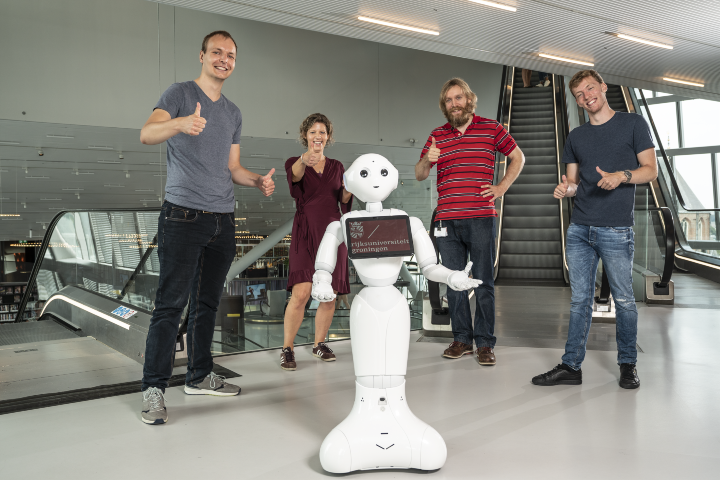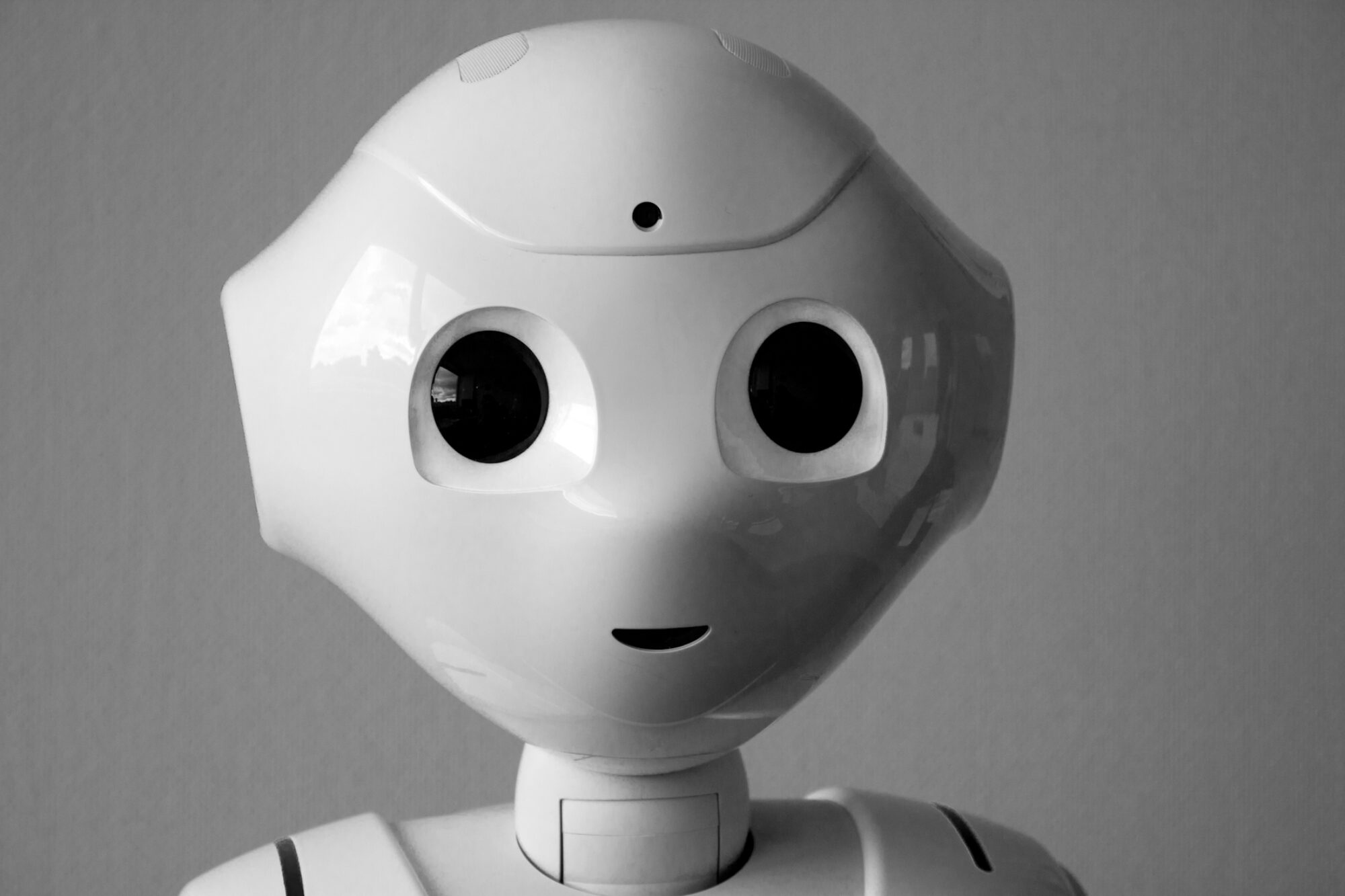Within the context of this project extensive fieldwork and experiments have been carried out on the subjects of Human-Robot Interaction, Social Robots, Synthetic Speech, and the development of resources for Under-Resourced languages.

Social Care Robots: the Acceptance among Elderly
by Marc de Wit (2020)
Abstract:
Robotics is becoming increasingly important in our way of living (De Graaf & Allouch, 2013); especially in the healthcare sector, where there is an increasing shortage of professional nurses (Combes, Elliot & Skåtun, 2018). Social care robots have the potential to play an important role in assisting the elderly (Broekens, Heerink & Rosendal, 2009), as ‘robots that fulfill tasks in the medical world are about to become one of the most influential technological innovations of the 21st century’(Dahl & Boulos, 2014).
However, the robots do not play a significant role in the healthcare sector yet; there have been some major barriers obstructing their potential use (Papadopoulos, Koulouglioti, Lazzarino & Ali, 2020). The main reason for this is because robots are not overly accepted (Broadbent, Stafford & MacDonald, 2009). To address the issue of the acceptance of social care robots, this report delves into what perceptions different stakeholders hold regarding the acceptance of social care robots.
Keywords: Robotics; Social Robots; Healthcare sector; elderly citizens.
Interacting with a Grunnegs-Speaking Social Robot
On August 15th and 16th 2020, our team carried out fieldwork at the Forum in Groningen. We designed a simple interaction, where guests would hold a short scripted conversation with our robot, either in Dutch or in Grunnegs. After this interaction, guests were invited to fill in a survey.
The results of this study are forthcoming.
